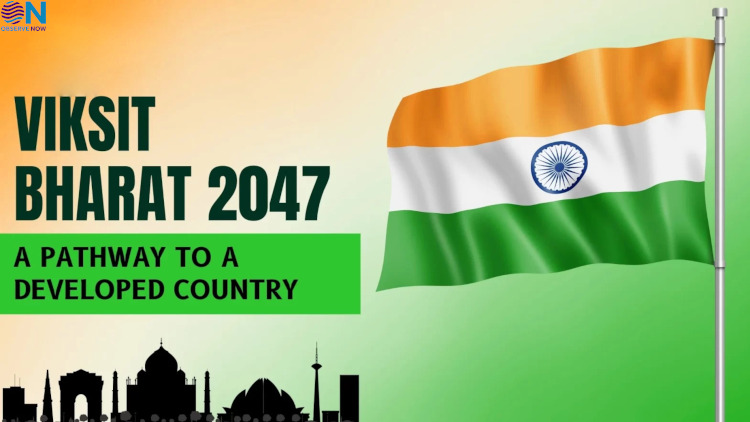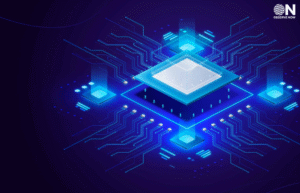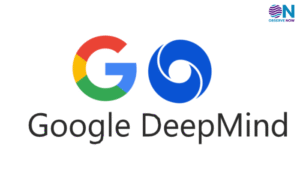AI’s Transformative Impact on Indian Education lays A Step Towards Viksit Bharat 2047

Artificial Intelligence is revolutionizing the Indian education sector, ushering in a new era of personalized learning and operational efficiency. This transformation aligns with India’s vision for ‘Viksit Bharat 2047’, aiming to create a more inclusive and forward-thinking educational landscape.
AI-powered tools are enhancing the learning experience by providing personalized content tailored to individual student needs. These tools analyze student performance data to identify strengths and areas for improvement, enabling educators to offer targeted support. Moreover, AI facilitates adaptive learning paths, ensuring that students progress at their own pace, thereby improving engagement and retention. In addition to benefiting students, AI is streamlining administrative tasks for educators. Automation of grading, attendance tracking, and curriculum planning allows teachers to focus more on instruction and student interaction. This shift not only enhances teaching effectiveness but also contributes to better educational outcomes.
The integration of AI in education also addresses challenges in accessibility and equity. By providing remote learning opportunities and language translation capabilities, AI ensures that quality education reaches students in underserved and rural areas. This democratization of education is a significant step towards bridging the digital divide and promoting social inclusion. Furthermore, AI is playing a crucial role in skill development and workforce readiness. Educational institutions are incorporating AI-driven modules to equip students with competencies relevant to the evolving job market. This proactive approach ensures that graduates are better prepared to meet industry demands, fostering economic growth and innovation.
However, the adoption of AI in education is not without challenges. Concerns regarding data privacy, ethical use, and the digital literacy of educators and students need to be addressed. Implementing robust policies and providing training can mitigate these issues, ensuring responsible and effective use of AI technologies.
In conclusion, AI is significantly transforming the Indian education sector by enhancing personalized learning, improving operational efficiency, and promoting inclusivity. By embracing these advancements, India is taking substantial strides towards achieving its educational and developmental goals envisioned in ‘Viksit Bharat 2047’.
















